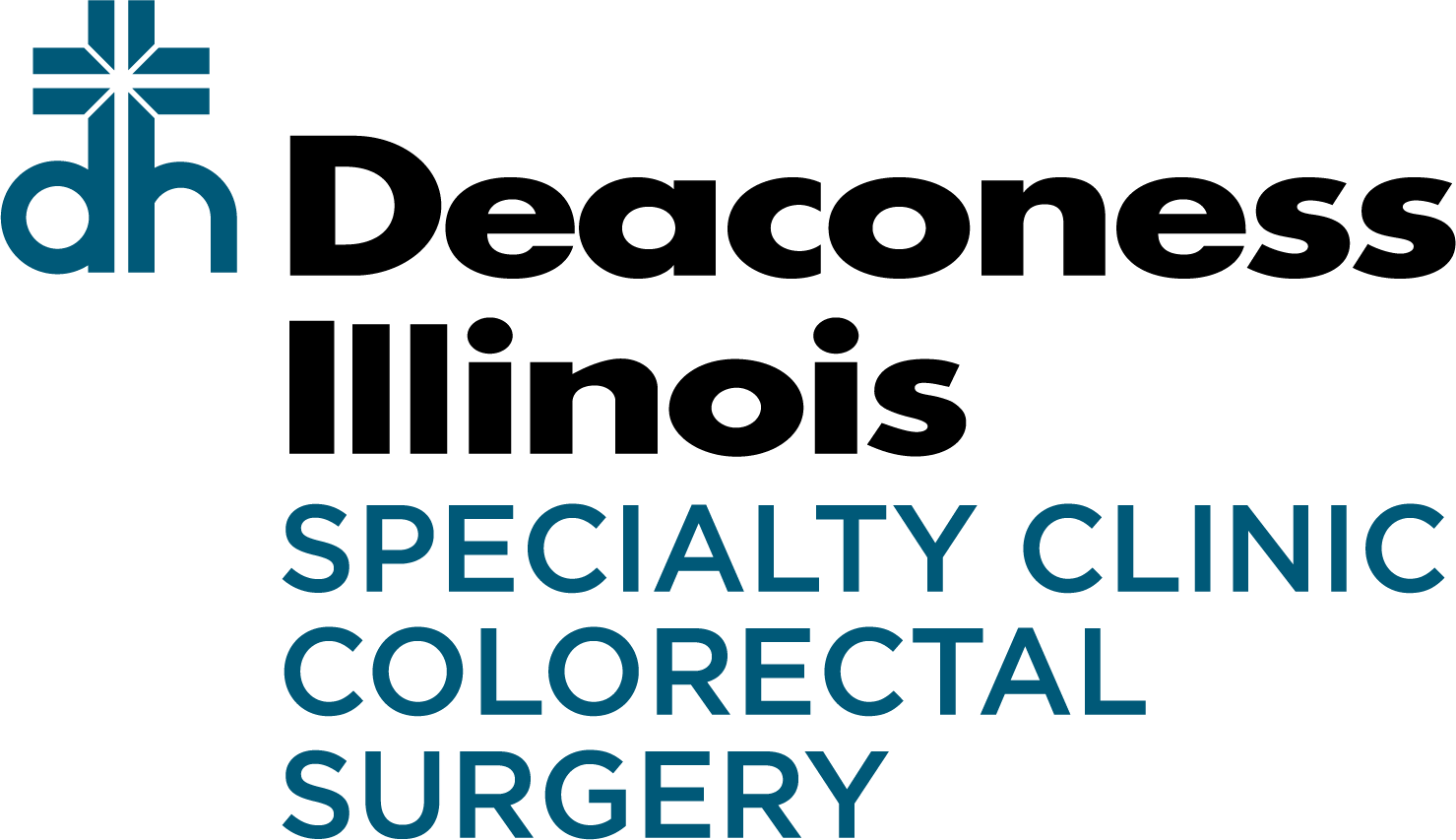Conditions Treated
Hemorrhoids
Swollen veins near the anus or lower rectum. Some of the most common symptoms are bright red blood in your stool, itching or pain around the anus, or lumps near your anus (external hemorrhoid).
Fissures
A tear in the lining of the anus or lower rectum. There are two main types of anal fissures: acute, which typically lasts a few days, and chronic, which can last for several months or even years.
Abscess/fistula-in-ano disease
An infected tunnel between the skin and the anus. Most fistulas are the result of an infection in an anal gland that spreads to the skin.
Rectal Prolapse
A conditions in which the rectum loses its normal attachments inside the body, allowing it to telescope out through the anus, thereby turning it "inside out".
Fecal Incontinence
The inability to control bowel movements. A common cause of fecal incontinence is damage to the muscles around the anal sphincter from vaginal childbirth or diseases such as diabetes.
Chronic Constipation
Infrequent bowel movements, hard stools, difficulty or straining when passing stool and pain during bowel movement. Untreated chronic constipation can lead to hemorrhoids or swollen anal veins.
Crohn's Disease
An inflammatory bowel disease where the immune system attacks the intestines or other parts of the digestive tract. Symptoms could include diarrhea, rectal bleeding, abdominal pain, constipation, loss of appetite, fever or weight loss.
Ulcerative Colitis
An inflammatory bowel disease that causes chronic inflammation and sores in the lining of the large intestine. Symptoms typically present between the ages of 15 and 30 and the severity of symptoms varies by person.
Diverticulitis
Diverticulosis is a condition where a pouch bulges out from your colon. Diverticulitis is when the pouch bulging from your colon gets infected or inflamed. Dietary changes and/or antibiotics are common treatments.
Swollen veins near the anus or lower rectum. Some of the most common symptoms are bright red blood in your stool, itching or pain around the anus, or lumps near your anus (external hemorrhoid).
Fissures
A tear in the lining of the anus or lower rectum. There are two main types of anal fissures: acute, which typically lasts a few days, and chronic, which can last for several months or even years.
Abscess/fistula-in-ano disease
An infected tunnel between the skin and the anus. Most fistulas are the result of an infection in an anal gland that spreads to the skin.
Rectal Prolapse
A conditions in which the rectum loses its normal attachments inside the body, allowing it to telescope out through the anus, thereby turning it "inside out".
Fecal Incontinence
The inability to control bowel movements. A common cause of fecal incontinence is damage to the muscles around the anal sphincter from vaginal childbirth or diseases such as diabetes.
Chronic Constipation
Infrequent bowel movements, hard stools, difficulty or straining when passing stool and pain during bowel movement. Untreated chronic constipation can lead to hemorrhoids or swollen anal veins.
Crohn's Disease
An inflammatory bowel disease where the immune system attacks the intestines or other parts of the digestive tract. Symptoms could include diarrhea, rectal bleeding, abdominal pain, constipation, loss of appetite, fever or weight loss.
Ulcerative Colitis
An inflammatory bowel disease that causes chronic inflammation and sores in the lining of the large intestine. Symptoms typically present between the ages of 15 and 30 and the severity of symptoms varies by person.
Diverticulitis
Diverticulosis is a condition where a pouch bulges out from your colon. Diverticulitis is when the pouch bulging from your colon gets infected or inflamed. Dietary changes and/or antibiotics are common treatments.

